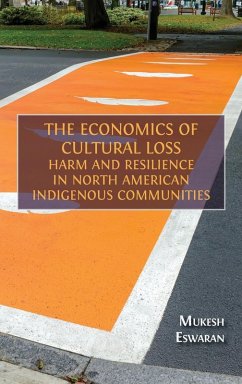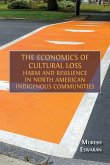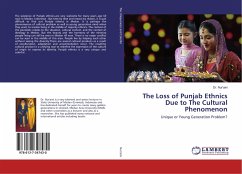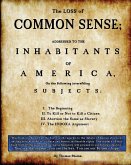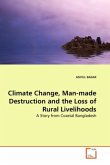Why do North American Indigenous Peoples face such grave circumstances in health, poverty, and mortality-including alarmingly high rates of suicide, alcoholism, and drug abuse? In this groundbreaking book, Mukesh Eswaran confronts these urgent questions through the lens of economics, focusing on a deeply underexplored aspect: the erosion of Indigenous culture. While empirical studies have shed some light on Indigenous struggles, Eswaran argues that mainstream economic theory fails to grasp the unique realities of Indigenous communities. His work introduces innovative models that incorporate cultural and communal values-particularly the sacredness of land and the importance of extended family and communal life-as foundational components of Indigenous well-being.Eswaran emphasizes that policies rooted in conventional economics, which often ignore culture, are ill-suited to address what has been identified as "Deaths of Despair" among Indigenous Peoples. Drawing from Indigenous scholars and Elders, he shows how historical trauma-passed through generations-has systematically dismantled cultural and communal supports. This theoretical framework helps explain the rise in substance abuse and suicide, while pointing toward new, culturally sensitive policy approaches. The book not only advances applied economic theory but also proposes a meaningful path toward healing and justice for Indigenous communities. It is a vital read for economists, policymakers, students, and anyone concerned with equity and reconciliation.
Bitte wählen Sie Ihr Anliegen aus.
Rechnungen
Retourenschein anfordern
Bestellstatus
Storno

